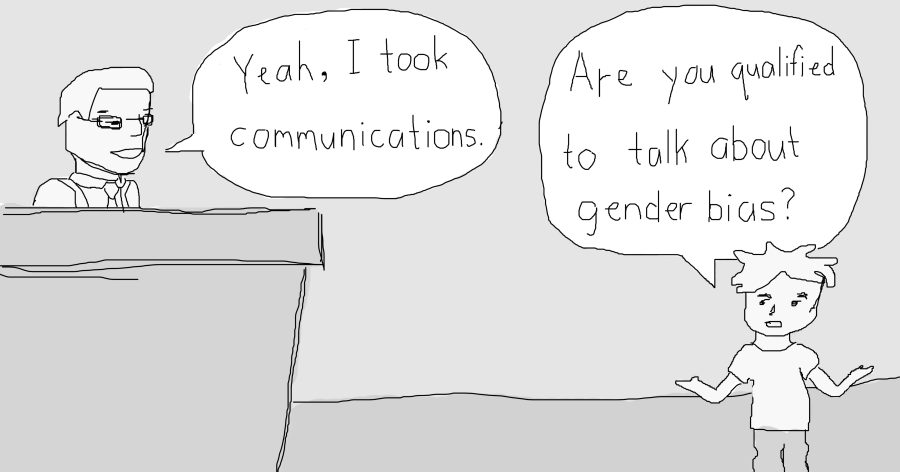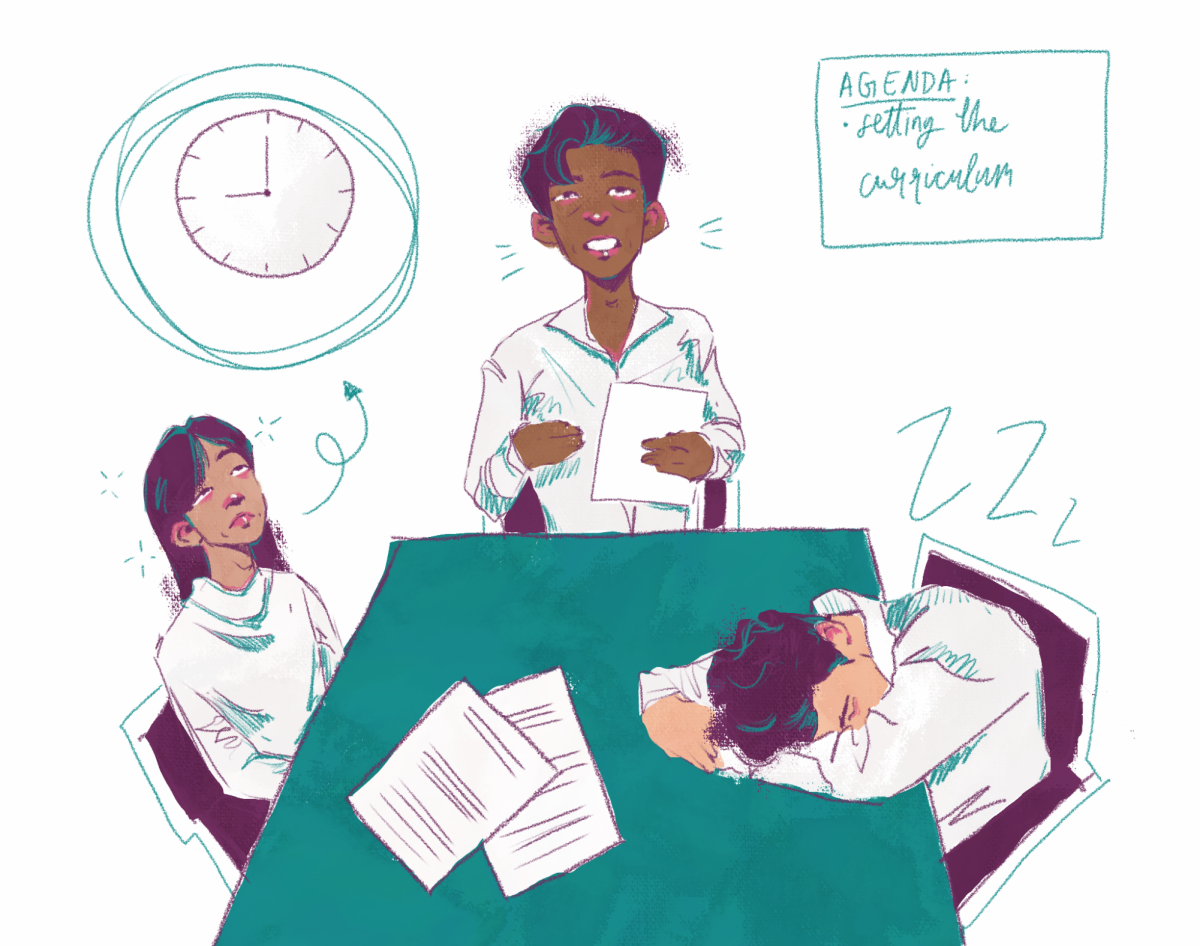Some of the most important decisions in any student’s high school career involve what courses they choose to enroll in. With a plethora of electives — and a dizzying number of academic “lanes”— it can be difficult to find a course that will engage and challenge a student while remaining within a reasonable level of difficulty.
At Palo Alto High School, the primary resource that exists to mitigate the difficulty and complexity of course selection is the course catalog, which serves as a guide to what the course curriculum consists of, and, additionally, to what prerequisites are either recommended or required for that course. Yet, if you ask nearly any student, they will be able to share an experience of enrolling in a course they eventually grew to hate. Of course, in certain instances, the student could never have known that they would dislike the course until they had completed it. However, in many instances, incorrect or misleading information within the course catalogs is to blame, and it is unacceptable for this continue.
One example of this is my recent enrollment in my Communications class. Initially, I was extremely excited to improve my communication and leadership skills. Based on information found within the courses description, I felt at ease with my selection. Fast forward past the first traditional Communications assignment, and I found myself in an unexpected unit.
The purpose of the unit was to explore the difficulties which the gender binary presented to those who fell outside of the norm. While this was an important idea that classes rarely deal with, it was something that simply was not reflected in the course catalog. As the semester continued, the class continued to examine instances of gender bias and racial stereotyping within different types of media. These subjects are vitally important to learn, but the fact of the matter is that the class I signed up for was intended “to [focus] on persuasive organizing, supporting, and presenting speeches, writing and other forms of effective communication.” It was not a class meant to focus on the many stereotypes that exist within our society. As our discussions of gender continued throughout the semester, I learned many valuable lessons, many of which were unexpected revelations.
However, learning about these many societal flaws was not reflected in the course catalog, and it should be in order to assess interest in the class. Currently, the syllabus barely delves into the curriculum which is present in Communications, and I believe that a more accurate description should be provided to reflect the uniqueness of the class.
Ultimately, the many lessons Communications taught me will surely be beneficial in my understanding of my peers. However, if a major part of the curriculum is related to gender norms and stereotypes, then that should be reflected in the course catalog. In short, I would certainly have taken the class if the course catalog was accurate, but nonetheless, it is perfectly plausible that some students would choose a separate English elective, or additionally that students who wished to study these lesser taught ideas would never have found the course.
Another fundamental flaw in the course catalog involves the strongly-recommended prerequisites. This mainly applies to Honors science classes, where some of the prerequisites are simply unnecessary. For example, in order to take Honors Chemistry, it recommends that a student be enrolled in Algebra 2 or higher, despite the fact that only basic mathematical concepts are utilized in the course. The course catalog could be discouraging students from challenging themselves. It is completely ridiculous to recommend that students have a certain level of proficiency in a separate subject unless that subject is definitely necessary for success within the course. While there may be a correlation between success in mathematics and success in science, this does not justify the presence of unrelated prerequisites.
A student who is in a lower math lane could succeed in classes like Honors Chemistry and Honors Physics. Students should not have to defy the course catalog in order to take a class they are interested in. The solution to this problem is quite simple and should be implemented for the coming school year.
Paly should have teachers write short summaries of general topics they wish to cover throughout the year. If printing this list of course descriptions would, for some reason, be infeasible, then it should be placed on Paly’s website.
Either way, it is of the utmost importance that the teacher who is teaching the class provides the description of the class, not administration. As for lane suggestions, teachers must reevaluate which skills are truly needed in order to succeed in the course so students do not feel discouraged to challenge themselves. After all, a core purpose of our school is to reaffirm the potential of each and every student attending.
Overall, these problems, although not major, have such an easy solution that it makes absolutely no sense to refrain from resolving the problems that exist within the course catalog.
It will better enable students to choose courses which are appropriate for their interests, and additionally aide the admin in delivering on the school’s core message of reaffirming the potential of each and every student.









